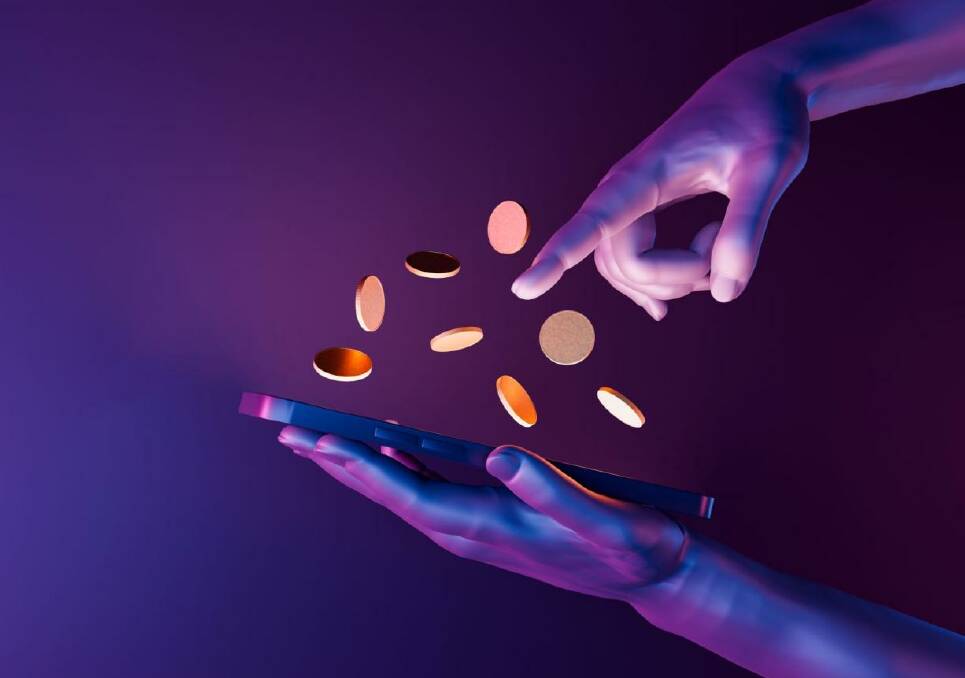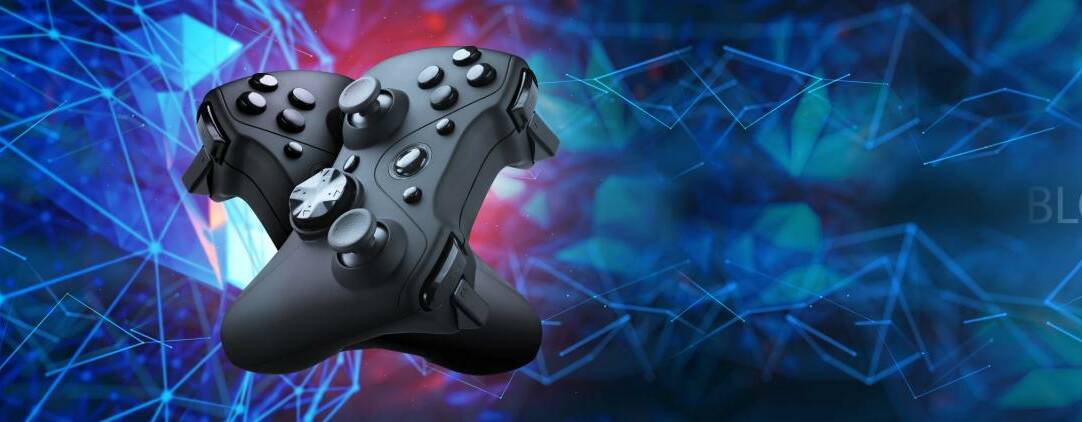What are decentralised games and how do You play them?

This is branded content.
There has always been a connection between the gaming and blockchain communities. It may be because stakeholders in both communities are heavily invested in emerging technologies. Over the years, the blockchain community has set a blazing path through several sectors, including finance and art. Surprisingly, they have only started ramping up to change how the world views gaming.
Over the years, in online gaming, the standard gaming model has been one of centralised gaming. It simply means that the games operate on a centralised server. All activities occur on these servers, from processing unbelievable amounts of data to online store services.
Moreover, the game developers and administrators control all of this data on these centralised servers. The data found on these servers include sensitive user account information, all in-game purchases, and other miscellaneous information.
There have been multiple concerns raised with the centralised gaming model. Critical stakeholders (gamers) have no tangible ownership over their data and the in-game assets they buy. Also, the risk of theft and corruption of data is high when information is stored on centralised servers.
These are issues that the Blockchain community has attempted to address with the advent of platforms that strive to decentralise gaming. For an in-depth look into these platforms, see sandbox trends.
But before you dive into playing games on this platform, you must first know what decentralised gaming is.
What Is decentralised gaming?
Decentralisation is a process in which an organisation runs a managerial structure that supports the distribution and delegation of tasks as opposed to a central, authoritarian system.
It manifests in decentralised games (Blockchain games) as a system in which the game operates either partially or as a whole on Blockchain technology, which is a decentralised network. What does this mean for gaming? It means that this system provides players the full transparency they have been vying for.
Gamers and developers have been placed on the same playing ground. With the increased transparency, gamers and developers now have access to the code that designs the game. Don't be mistaken; this doesn't mean that gamers can change the source code that makes up the game. It means gamers now have a more significant say in the development and evolution of the games they play.
If a developer takes a game in a specific direction with an update but the update is not supported by the gamer community, the game can branch out while the developer builds different versions of the game.

How are they played?
Since decentralised games are still a relatively new concept, developers are still finding their way around making games compatible with Blockchain technology. It is because the common programming languages used in creating games, java, and C+, are not currently compatible with it.
Today, you can play these games on either a computer or a mobile device. Here, developers can build games that reward you to play. Most of these games incorporate cryptocurrencies into their functionality. So you will have to choose an exchange platform to convert your money into cryptocurrency. Make sure to select an exchange that caters to your specific needs. Once you have gotten some cryptocurrency and stored it in your digital wallet, you are all set to start gaming.
The main benefits of decentralised gaming include:
Ownership: as opposed to centralised models, players here have tangible ownership and control over the assets they acquire in-game. These assets are predictably represented as non-fungible tokens (NFTs)
Fairness: as stated above, there is a level of transparency involved in the evolution of the game, and player input is encouraged. There are measures implemented to mitigate the risk of cheaters and ill-intentioned people spoiling the market.
Creativity: there is nothing worse than when a game you love and enjoy gets discontinued. With a decentralised model, a player can continue playing a game even if the developers are no longer interested in continuing with it. In this case, you can organically grow the game in the direction you wish for it to go.
Linked to the Metaverse: you can link your in-game assets to the Blockchain as they are already a type of NFT. This concept makes these in-game assets a possible source of income.
Conclusion
Blockchain technology is transforming the gaming sector, taking power from developers and conglomerates and sharing it with the gaming community. As explained above, this technology enables transparency and proof of ownership to gamers using the platform and playing games.
Once the programming issues are sorted out, it will not be long before gamers can enjoy a wider selection of games spanning different genres while earning money digitally.


